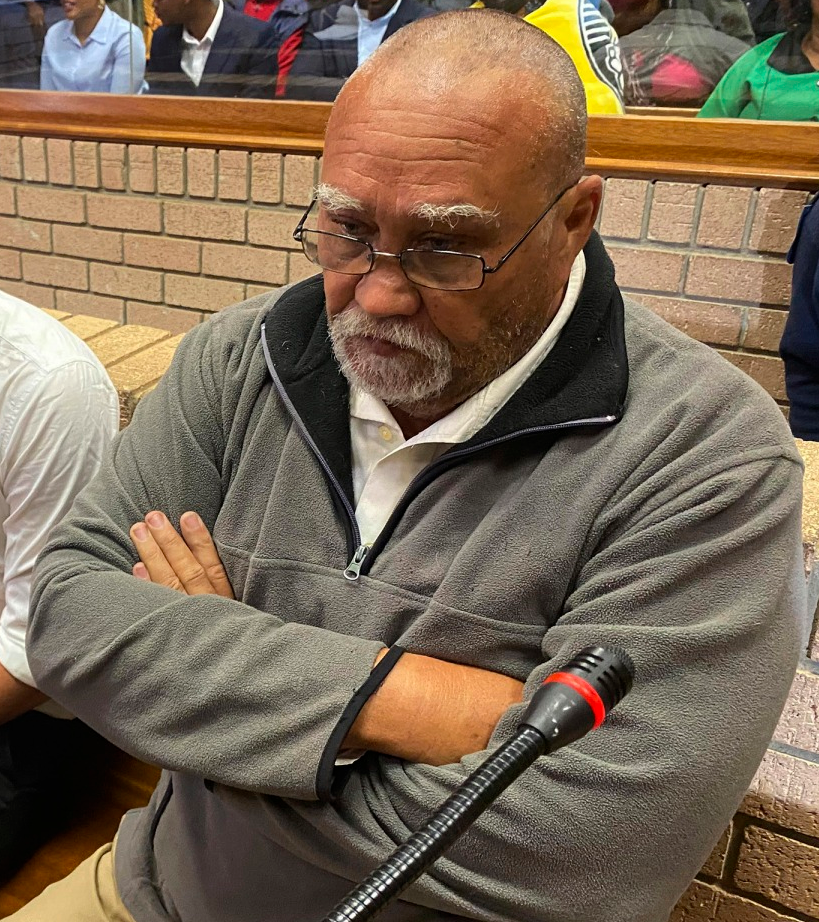Caucasian South African Farmer Accused Of Feeding African South African Women To Pigs Goes On Trial
- Africauptodate

- Aug 4, 2025
- 2 min read
A male Caucasian South African farmer, namely Zachariah Johannes Olivier (60), accused of gunning down 2 African South African women and feeding their bodies to his pigs, appeared in a court in Polokwane City in Limpopo Province on August 4, 2025, to face murder trial. Also on trial for the barbaric murders are two of his workers who are accused of assisting him. That was reported by some South African media.

According to the reports, the murders took place on the evening of August 17, 2024, on Mr Zachariah Johannes Olivier's farm that is located near Polokwane City. On that terrible evening, the two women, namely Maria Makgato (45), and Kudzai Ndlovu (34), were gunned down as they were busy searching for food on the farm. Their bodies were then allegedly fed to pigs in a pigsty on the farm, by the farmer and the two accomplices.
Reportedly, the apparently racist murders have been condemned strongly by human rights groups worldwide. Paradoxically, however, in the midst of police investigation and the subsequent racist murder trial, some Caucasian South African famers are said to have been accusing African South Africans of racism and unleashing crime on them. Some have even been granted refugees status in USA as the new administration there supports their misleading claims.
South Africa has a very unequal arable land ownership pattern that emanates from its previous appalling apartheid system. Under the racist system, arable land was confiscated from African South Africans by the then ruling minority Caucasian South Africans. As such, currently the minority Caucasian South Africans that constitutes about 7.3 % of the country's population, own a colossal 72% of the arable land in the country. At the same time, African South Africans that constitute about 80% of the population, own a meagre 4% of country's arable land.
Because the minority Caucasian segment of South Africa's population owns a disproportionate portion of the country's arable land, there are some ongoing land reforms by the government of South Africa to address the disparity in land ownership in the country. Such reforms are definitely vital because there can be no justification for a small minority in a country to own the bulk of the arable land. That is even more so when such ownership is an outcome of past unjust land acquisitions.
_________________________
© 2025 Africauptodate. All Rights Reserved








Comments